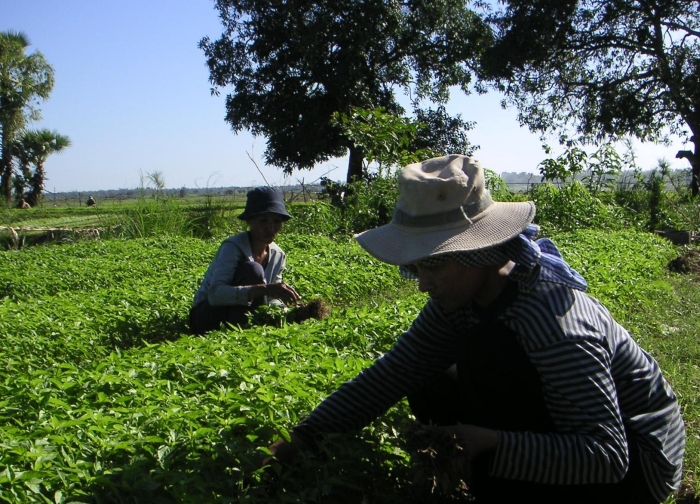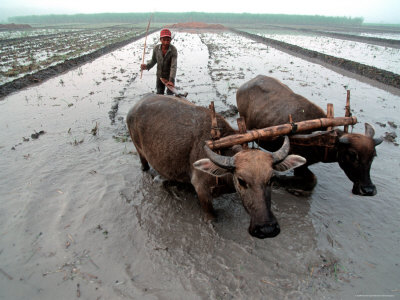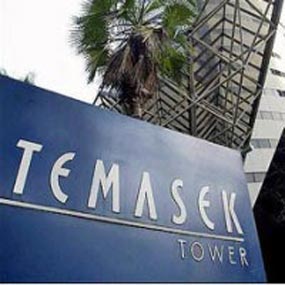Singapore firms aim to invest in farming
- The Phnom Penh Post
- 18 June 2009
At least six Singaporean companies want to start joint ventures with Cambodian partners to invest in the Kingdom's agricultural sector.

At least six Singaporean companies want to start joint ventures with Cambodian partners to invest in the Kingdom's agricultural sector.

If Indonesia decides to go ahead with leasing farmland, it should do so with caution, keeping an eye on both the risks and the opportunities. We need to understand that we have a very strong bargaining position.

Contrary to past trends, countries in the Global South are initiating much of the investment.

Farm Radio Weekly correspondent, David De Dau spoke to people in the Madi community, who found themselves the victims of land grabbing in the post-conflict state of lawlessness.

Farm Radio International writer Gladson Makowa, visited a Malawian community where small-scale farmland was transformed into a sugarcane plantation. He reports on how locals are coping with the loss of farmland and hoping to keep their houses.

Codes of conduct don’t work, said Devinder Sharma of Forum for Biotechnology and Food Security, Delhi. “It is unethical to grab land in other countries; it will lead to food crisis as investor countries will grow food for profit.”

It's a tsunami of land deals and, as all of the experts who have studied the phenomenon have agreed, no nation is truly prepared for its implications.

The Sekem Group, Egypt’s foremost producer and exporter of organic food to Europe and the US, is not a typical Egyptian enterprise.

Corruption has reached tremendous levels in Kenya. The distance between the poor and wealthy is at its greatest and Kenyans are wondering how to emerge from an unjust system in the land that gave birth to Humanity.

Uganda's minister of agriculture literally pleaded with the agribusiness delegates at a forum in Capetown to take advantage of Uganda’s extremely advantageous deals for private investors in the agricultural sector.

Singapore's Temasek is seeking to buy land in North Bolaang Mongondow, North Sulawesi, where they plan to grow high-quality rice.

During the recent review of Cambodia before the Committee on Economic, Social and Cultural Rights, several Committee members raised concerns about the potential effects a land deal with the Kuwaiti government could have on various economic, social and cultural rights in Cambodia, including the rights to food, housing and an adequate standard of living.